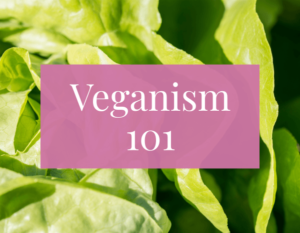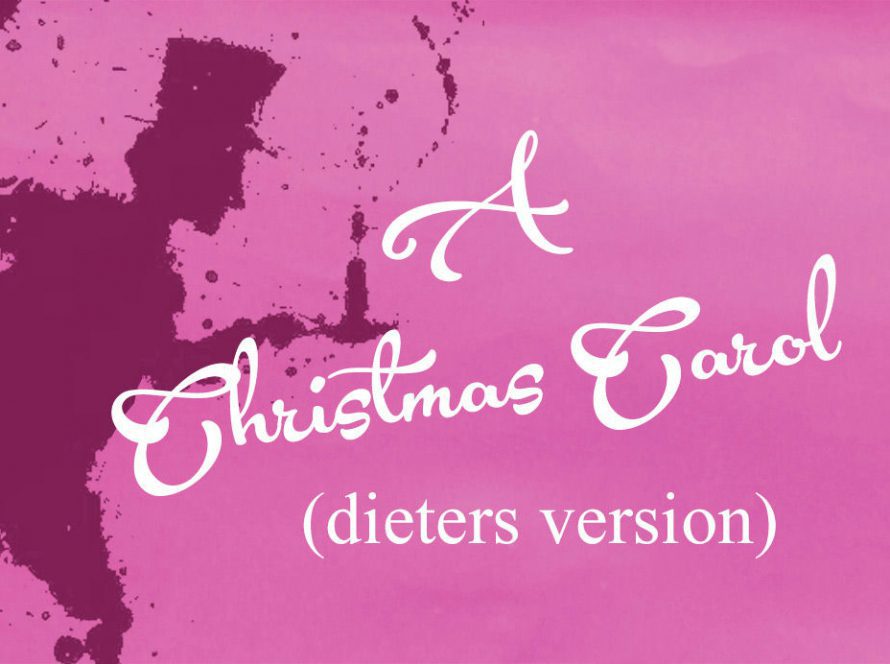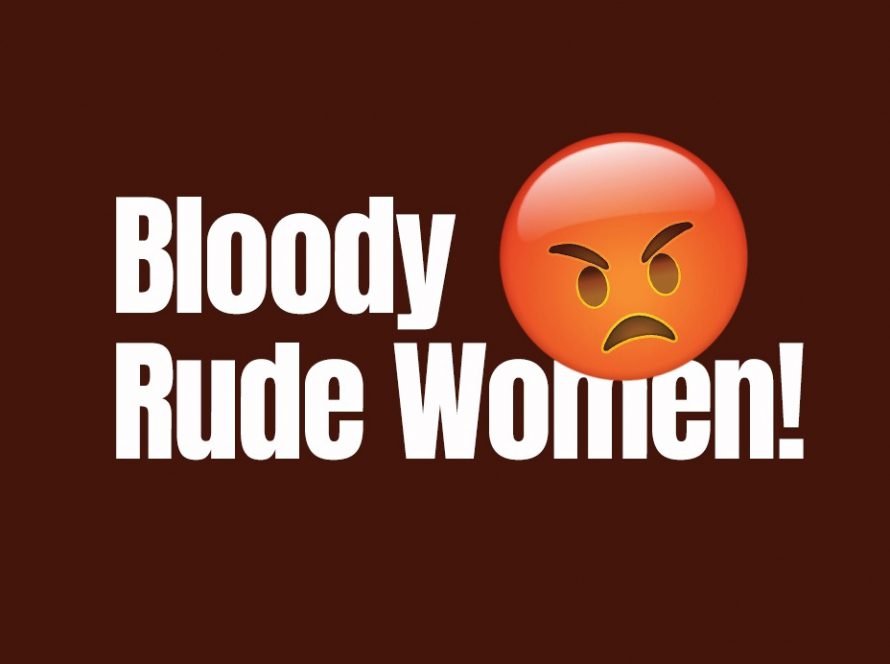There is a lot around today about “veganism” and what it means to be vegan. If you had said the phrase ‘I’m vegan what do you have?’ out in a café or restaurant a few years ago, a look of confusion would greet you, with the reply ‘We have vegetable lasagne or quiche?’
Whilst the term veganism may have previously confused many people and be confused with vegetarianism, the selection of vegan foods and the term veganism has become more recognisable.
But what exactly does it mean to be vegan?
A vegan is an individual who does not consume any foods or products that has originated from animals. This includes; meat, fish, poultry, eggs, honey, dairy, leather, fur, wool, silk, animal tested beauty products and any other product/ food that has come from an animal or involves animals in any way.
Vegetarians and vegans make up 3% of the population, with approx 24% describing themselves as in between – flexitarians. These are individuals who are mostly veggie but occasionally eat meat/dairy etc.
Veganism is on the rise, and there are many reasons for people going vegan, which includes:
- Ethical
- Health
- Religious
- Environmental
Those who are veggie or vegan have a diet that is lower in saturated fat, higher in fruit and veg, higher in fibre and wholegrains and research from studies show that they have a lower risk of developing:
- Heart disease
- High blood pressure
- Type 2 diabetes
- Obesity
The ol’ favourite ‘where do you get your protein from?’ is a question vegans get asked regularly but there are many plant based vegan sources of protein such as nuts, beans, tofu, TVP (textured vegetable protein) and much more.
| Food | Per 100g |
| Tofu (calcium set) | 17.3 |
| Pumpkin seeds | 30.2 |
| Lentils | 24.6 |
| Rolled almonds | 16.9 |
| Raw Almonds | 21.2 |
Below is a guide on how to swap some animal products to vegan foods.
PROTEIN: Beans, nuts, lentils
MEAT ALTERNATIVES: Quorn, tofu, textured vegetable protein (TVP), seitan
HONEY: agave syrup, fruit syrup, maple syrup, golden syrup
EGGS: vegan eggs, scrambled tofu (see recipe at end of post)
MILK: soya, almond, cashew, coconut, hemp, hazelnut, rice, oat milk
OTHER DAIRY PRODUCTS: coconut oil based cheeses i.e. Violife, soya/coconut based yoghurts, soya based cream, dairy free ice-cream etc.
There is a vegan substitute for nearly every dairy based product. A lot of supermarkets have their own ‘free from’ brand which have a lot of vegan products (although make sure to check the label as lactose free products and not necessarily just vegan products are found in this section).
It is advised to opt for the products that are not organic When it comes to dairy free milks, margarines etc as they won’t have vitamins and minerals added to them, such as important vitamins Vitamin D, Vitamin b12 and minerals such as calcium and iron.
However, a vegetarian or vegan lifestyle doesn’t necessarily mean that you are healthy – it’s very possible to still have a bad diet even as a vegan! It’s also important to replace animal based protein sources with plant based as well as other nutrients such as iron, vitamin B12, zinc, calcium and vitamin D. However, these are all easily accessible in a wide range of plant foods:
Iron – Iron from plant-based foods is absorbed less and should be consumed with vitamin C sources (e.g. orange juice) to aid absorption. Dark green leafy vegetables, iron, chia seeds, fortified products, Quorn are all sources of iron.
Iodine– Important for mental growth and plays a role in metabolism. Sources: seaweed and sea vegetables
Calcium – broccoli, calcium set tofu, beans fortified plant milks
Vitamin D – Required to help calcium absorption and bone health. It is recommended by the UK Gov to take a nutritional supplement
Vitamin B12 – Mainly found in animal and dairy products, vegans may be at risk of a lower intake.
Many dairy free products fortified with vitamin B12 such as nut milks, margarine and nutritional yeast.
Scrambled Tofu:
Scrambled tofu is an alternative to scrambled eggs and is a great breakfast or lunch idea. This receipe has 295kcal and 16g protein.
Ingredients:
120 g Tofu
1 tsp. Curry powder
1 tsp. Sunflower oil
30g Mushrooms (optional)
X2 Slices bread
Method:
Slice tofu and add to hot pan. Add the curry powder and crumble the tofu with a fork in the pan to resemble scrambled eggs. After 3 minutes add the mushrooms and cook until mushrooms are cooked. Served with bread.
But what else would a vegan eat typically in a day? See below!
| Breakfast | Beans on toast |
| Snack | Hartley’s jelly |
| Lunch | Salad mayo (yes you can get vegan mayo!) sandwich with Quorn ham slices |
| Snack | Mini breadsticks with vegan soft cheese and nuts |
| Dinner | Sweet and sour with tofu/vegan chicken and rice |
| Snack | Alpro yoghurt with fruit and agave syrup |



